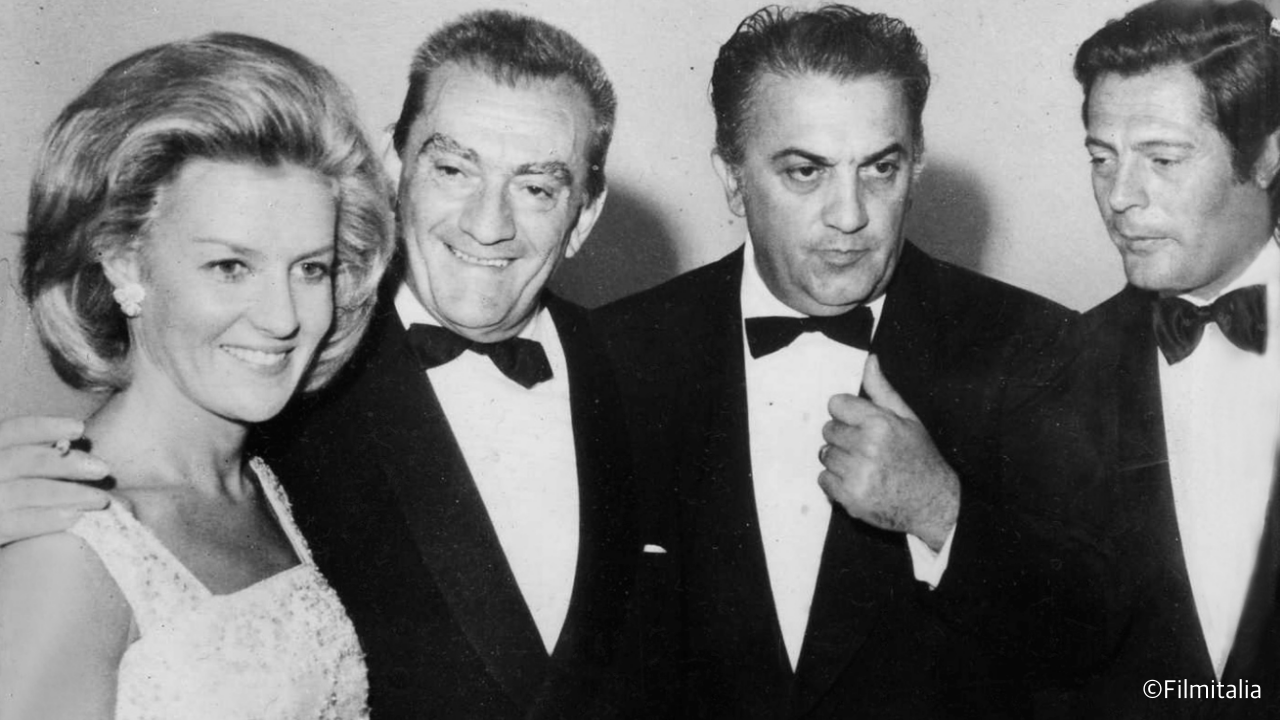Marina Cicogna, the countess of Italian cinema, died Nov. 4 in Rome at the age of 89. Born May 29, 1934, to Count Cesare Cicogna Mozzoni and Countess Annamaria Volpi di Misurata, granddaughter of Count Giuseppe Volpi di Misurata who invented the Venice Film Festival in ’32, Countess Marina Cicogna had her fate sealed.
“A sad day for Italian cinema, which loses one of its most passionate and combative protagonists, an artist with a brilliant career, the first film producer to win an Oscar with the film Indagine su un cittadino al di sopra di ogni sospetto, whose name entered history and conquered the world. An unconventional, independent and brilliant woman, a true style icon, she lived her professional life, and not only, under the banner of courage, resourcefulness and freedom. She will be greatly missed,” said Undersecretary for Culture Lucia Borgonzoni
Marina Cicogna’s life was dense, full of encounters and emotions, always lived to the full with the discretion and elegance that distinguished her life.
With her production company Euro International Films, purchased by her family and run together with her brother Bino (who died by suicide in 1971), Marina Cicogna began by choosing films to distribute in Italy. “L’uomo del banco dei pegni” (1964) by Sydney Lumet and “Bella di giorno” (1967) by Luis Buñuel,until the production of her first film, “Metti, una sera a cena” by Giuseppe Patroni Griffi.
And then Pasolini’s cinema with the productions of “Teorema” and “Medea,” Francesco Rosi’s “Uomini contro” to Lina Wertmüller’s “Mimì metallurgico ferito nell’onore,” Franco Zeffirelli’s “Fratello sole, sorella luna,” and Sergio Leone’s “C’era una volta il West.” A career studded with great successes, great ideas in which Cicogna believed by defying the conventional.
The perfect example of an unconventional project discovered and strongly desired by Cicogna is Elio Petri’s film “Investigation of a Citizen Above Suspicion,” which won the Oscar for Best Foreign Film in 1971 and Special Jury Prize at the Cannes Film Festival that same year. A winning bet that marked the beginning of a partnership, the one with Petri (and with Gian Maria Volontè), which also brought to light “La classe operaia va in paradiso.” Just earlier this year she had received the David di Donatello for Lifetime Achievement.
Photo Credits: Filmitalia.org

